An Energy Performance Certificate (EPC) is a document that provides an assessment of the energy efficiency of a building or property. It is a legal requirement under the Energy Performance of Buildings (England and Wales) Regulations 2012 and must be obtained and maintained by the landlord of the property. This article explains the current rules around EPC requirements, what future changes are being explored, as well as offering practical advice.
By Wai Ling Chin
What are the current rules?
Under current regulations, any property that is let or sold must achieve a minimum EPC rating of E or above, in accordance with the Minimum Energy Efficiency Standards (MEES). This requirement exists to ensure that buildings meet a basic level of energy efficiency, reducing energy costs for occupants and lowering carbon emissions. Properties rated F or G are considered inefficient and, under MEES, cannot legally be let or assigned without improvements.
While the obligation to obtain and maintain an EPC formally rests with the landlord, the practical implications often extend beyond this straightforward legal responsibility, particularly when a lease is sold or assigned.
When an outgoing tenant decides to vacate or assign their lease, the EPC frequently becomes a point of attention. Despite being the landlord’s statutory duty, the outgoing tenant often assumes responsibility for providing the certificate. This arises because most leases contain clauses requiring the tenant to provide “all statutory certificates” to the landlord upon exit. Such wording is intentionally broad and almost invariably encompasses the EPC.
In practice, this can lead to situations where the certificate is requested at short notice. If an EPC is unavailable, has expired, or does not meet the minimum required rating of E, the lease transaction may be delayed while an assessor is engaged, the property is inspected, and a new certificate is obtained. Prospective buyers seek assurance of compliance, landlords require adherence to statutory obligations, and solicitors need the documentation promptly.
Legally, this arrangement is consistent with the lease terms. From the tenant’s perspective, however, it may feel burdensome, akin to performing an unexpected task on behalf of another party. Nevertheless, this process is common, anticipated, and generally more efficient than disputing the responsibility.
Future changes to EPC
A recent announcement by the government confirmed plans to raise the minimum rating of EPC bands from E to C for privately rented homes by 2030. This includes a £15bn commitment to upgrade up to five million homes by 2030 as part of the transition to net zero and reduction in consumer costs. Changes to EPC methodology are also expected, with the the Department for Energy Security and and Net Zero recently launching a consultation on this which will close on 18th March 2026.
Practical advice
If you are selling or assigning a lease, it is prudent to assume that the EPC will be requested and that it must meet the minimum rating of E. Check the status of the certificate early in the process and, if necessary, arrange for its renewal. Taking proactive steps ensures that the transaction proceeds smoothly and avoids unnecessary delays.
Ultimately, careful management of EPC requirements, including compliance with the minimum energy efficiency standard, helps prevent a potentially straightforward lease transaction from being disrupted.
Have questions? Get in touch today!
Call our office on 020 7928 0276, we will be taking calls from 9:30am to 6:00pm.
Email us on info@lisaslaw.co.uk.
Or, use the contact form on our website. Simply enter your details and leave a message, we will get right back to you: https://lisaslaw.co.uk/contact/
For more updates, follow us on our social media platforms! You can find them all on our Linktree right here.



















